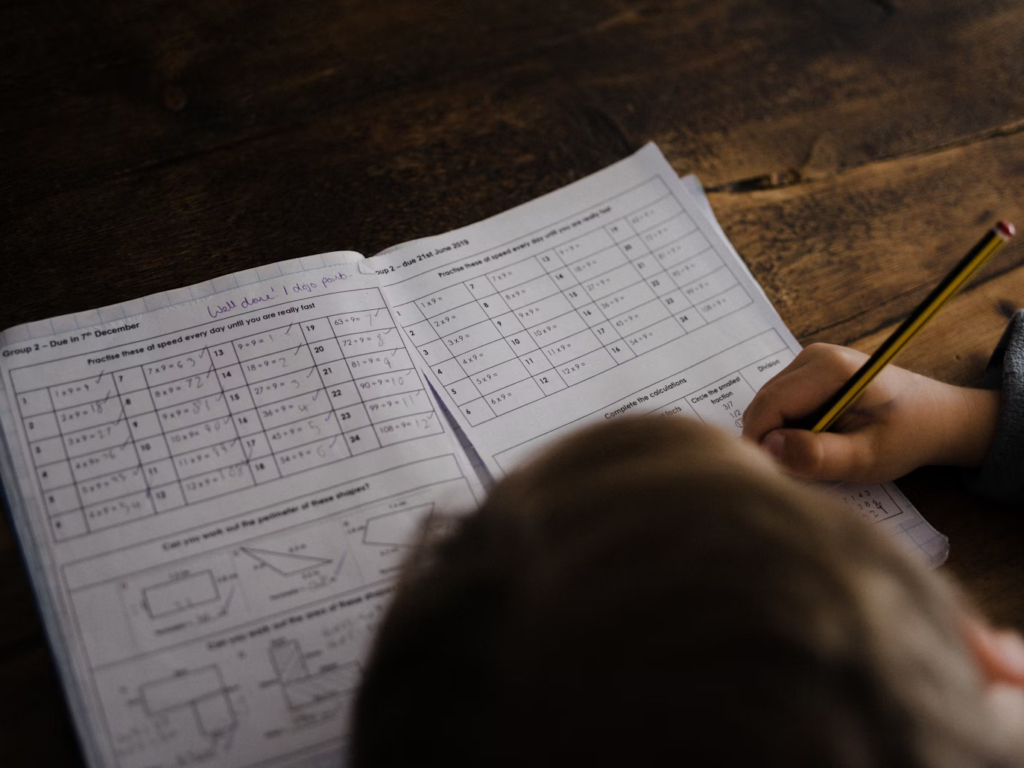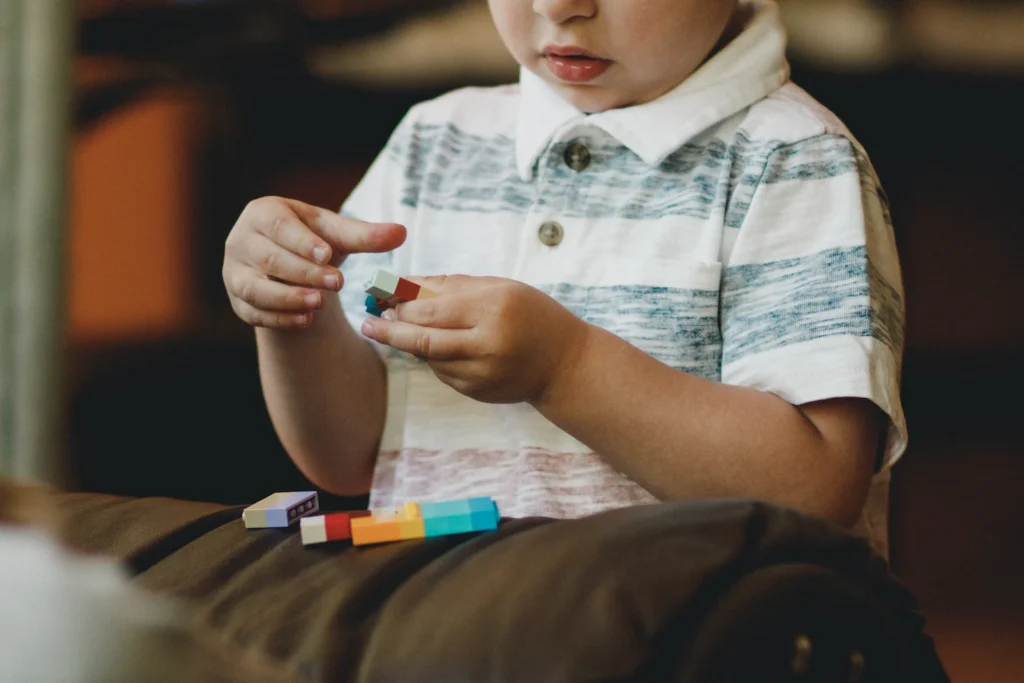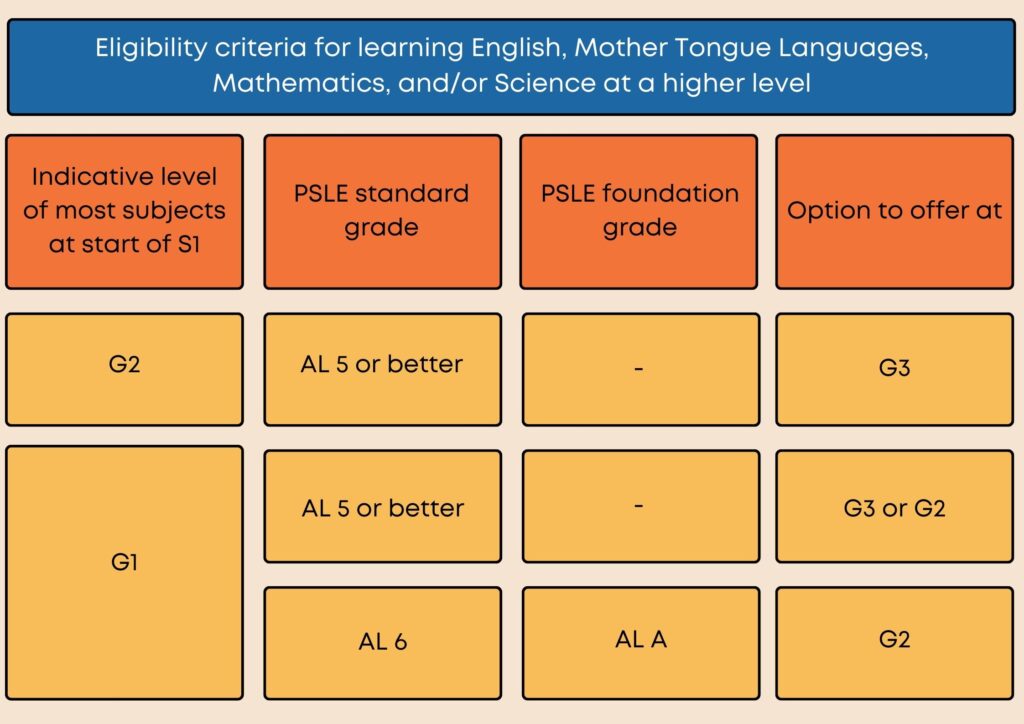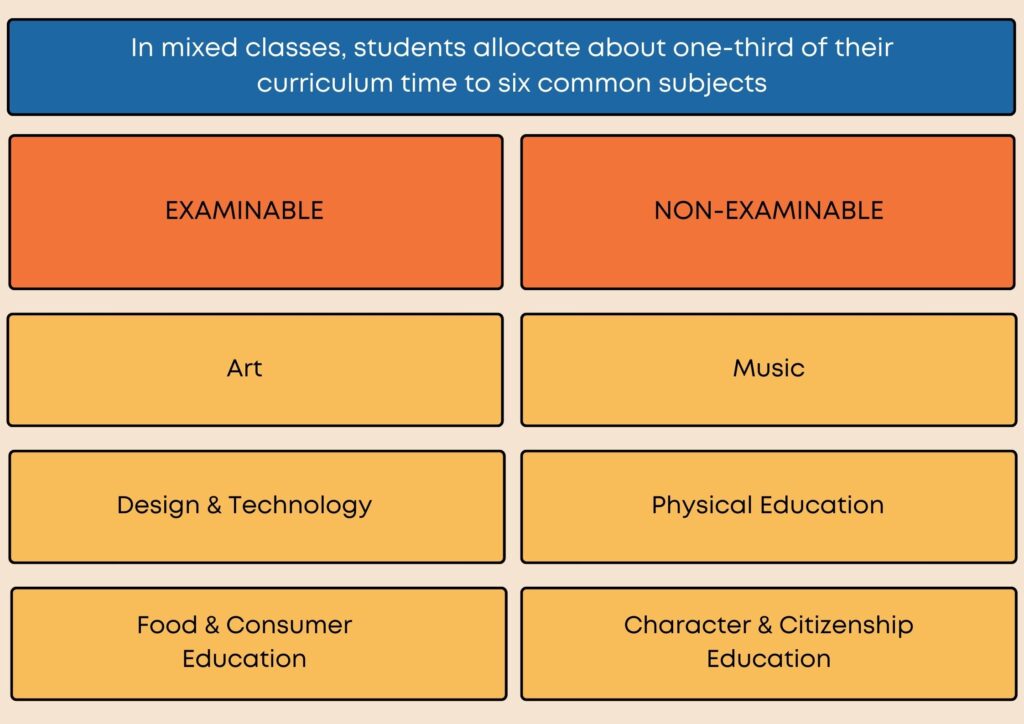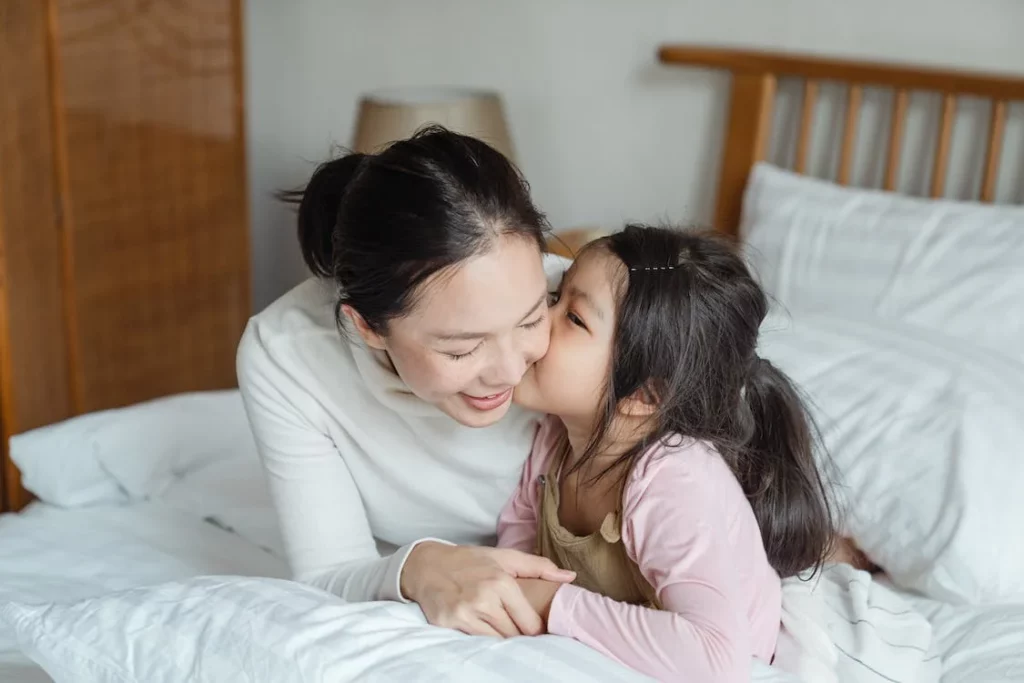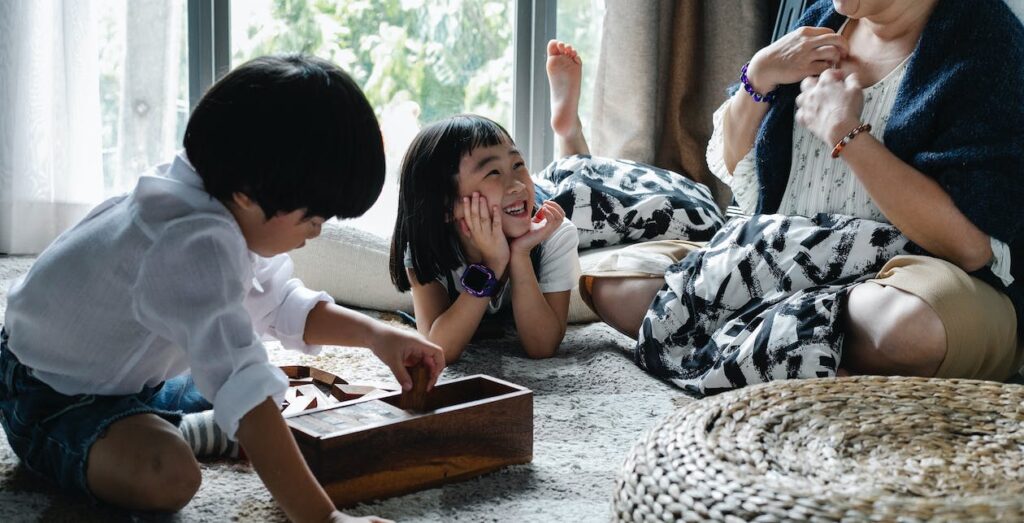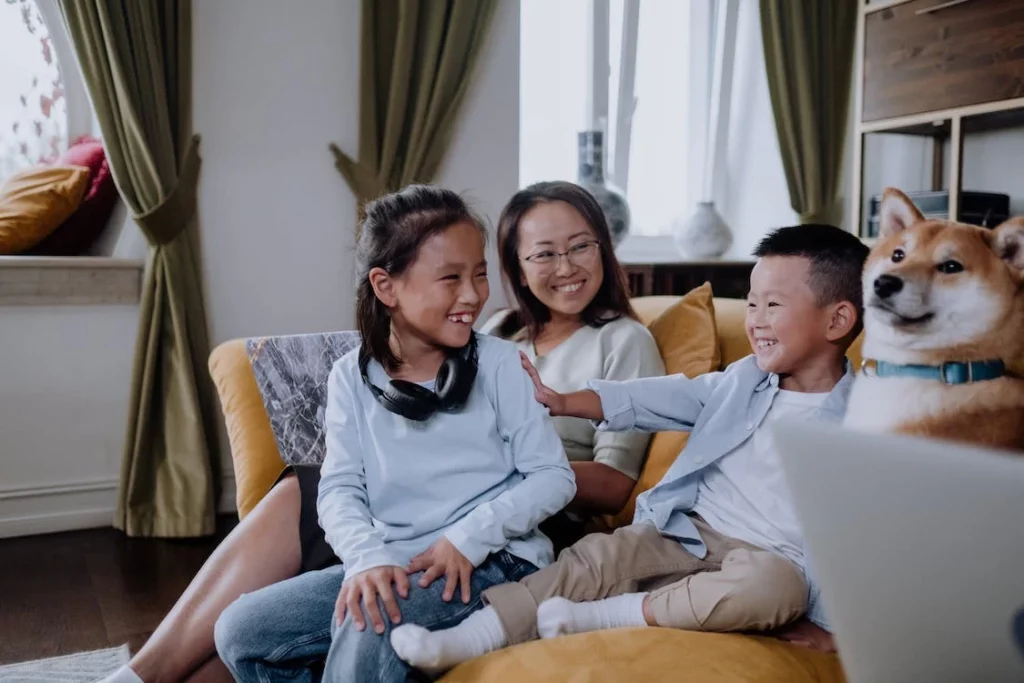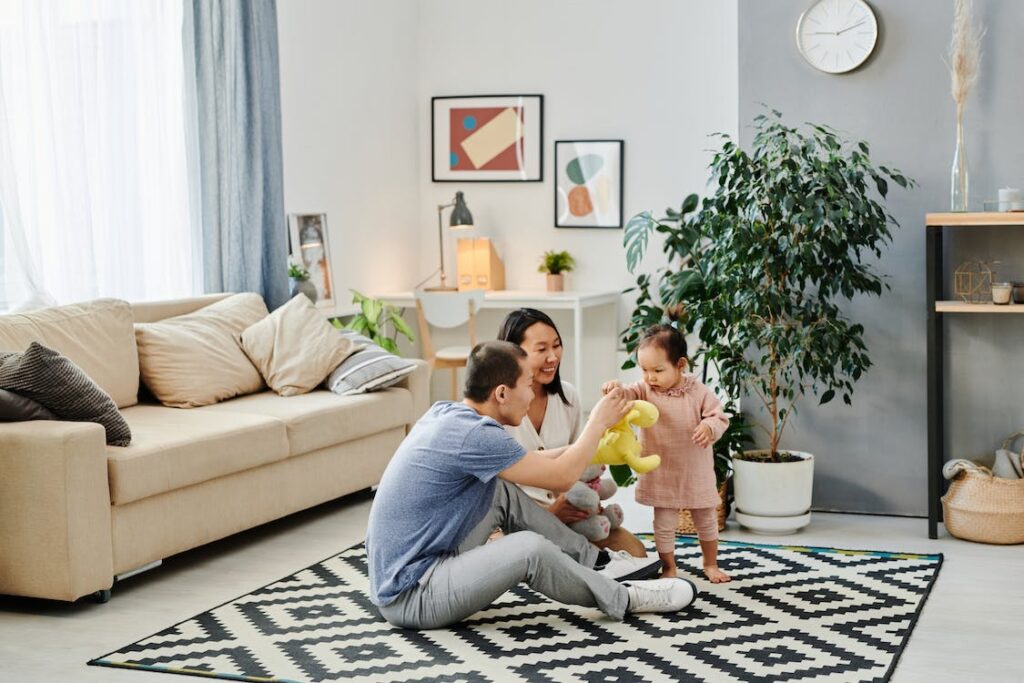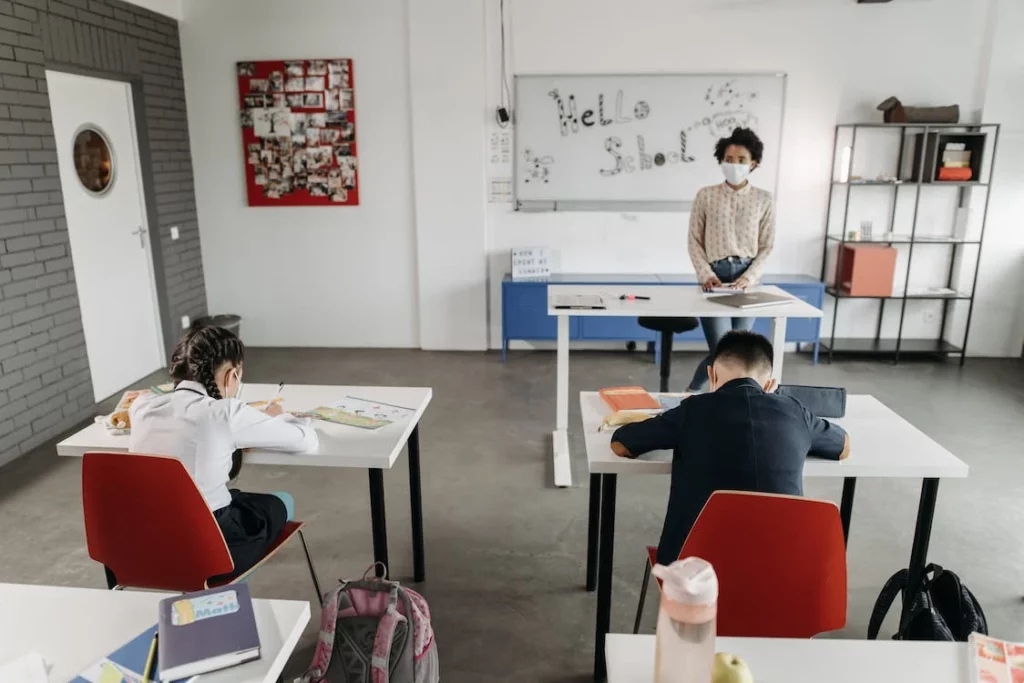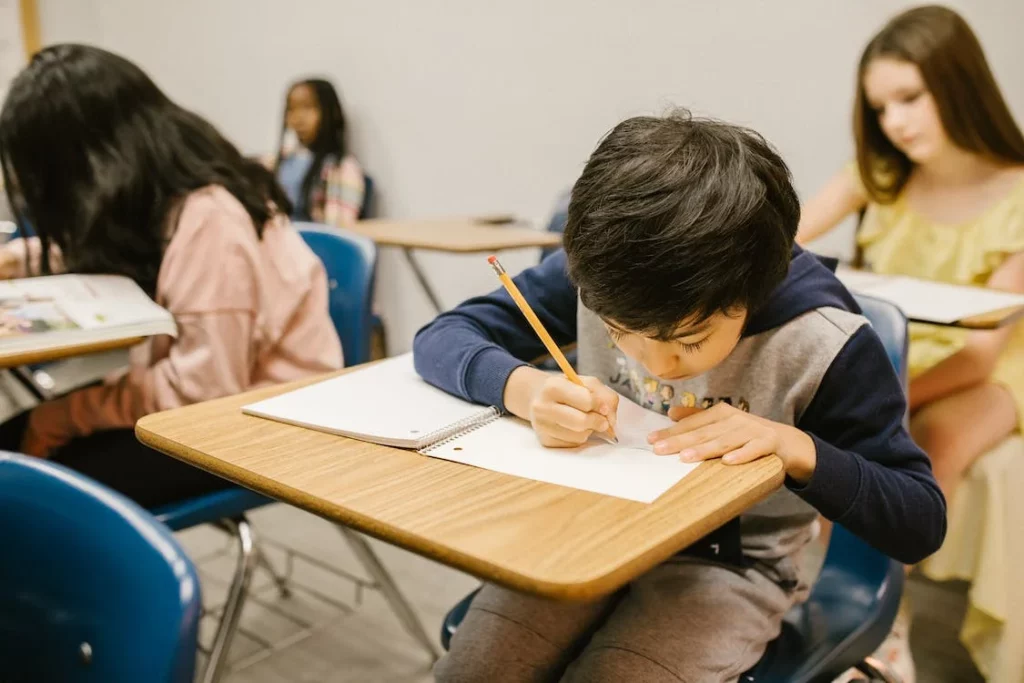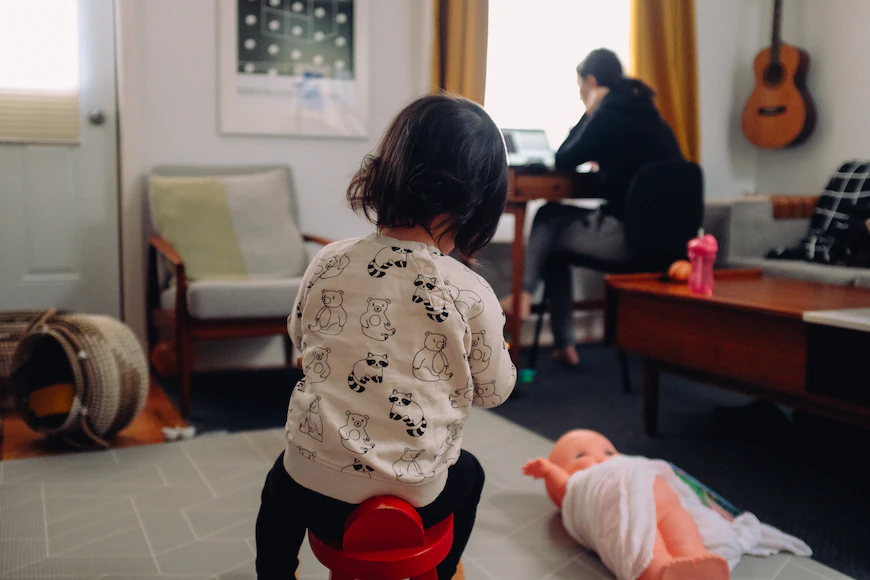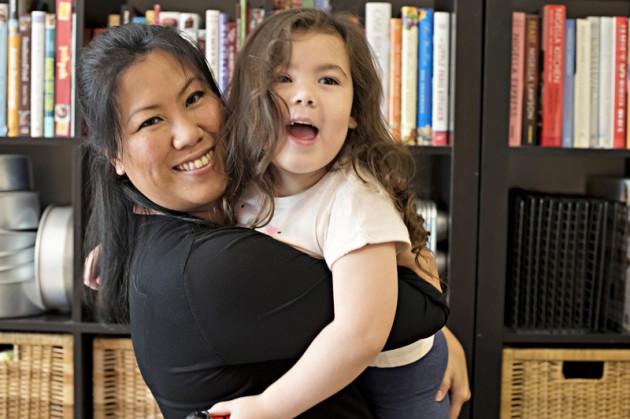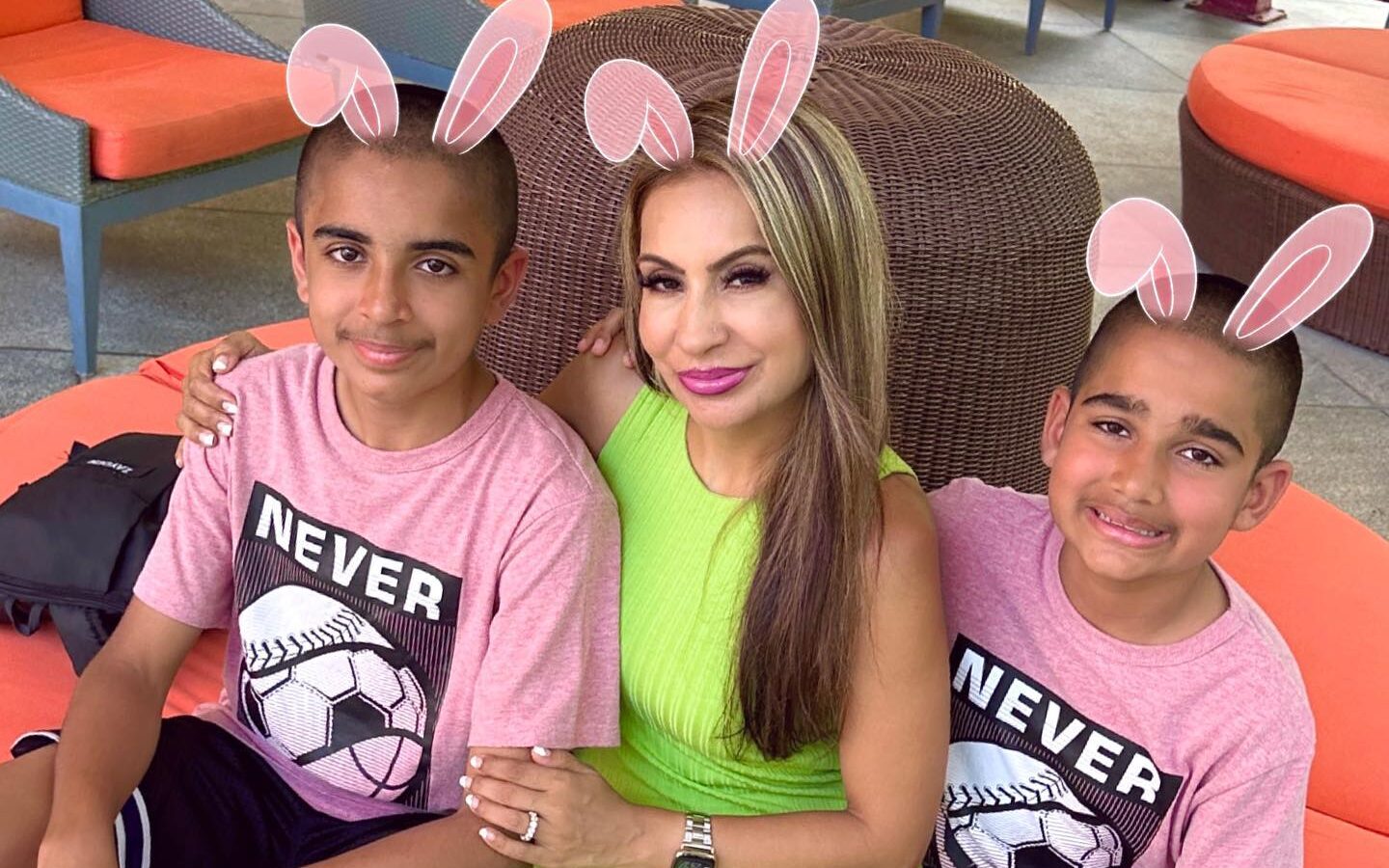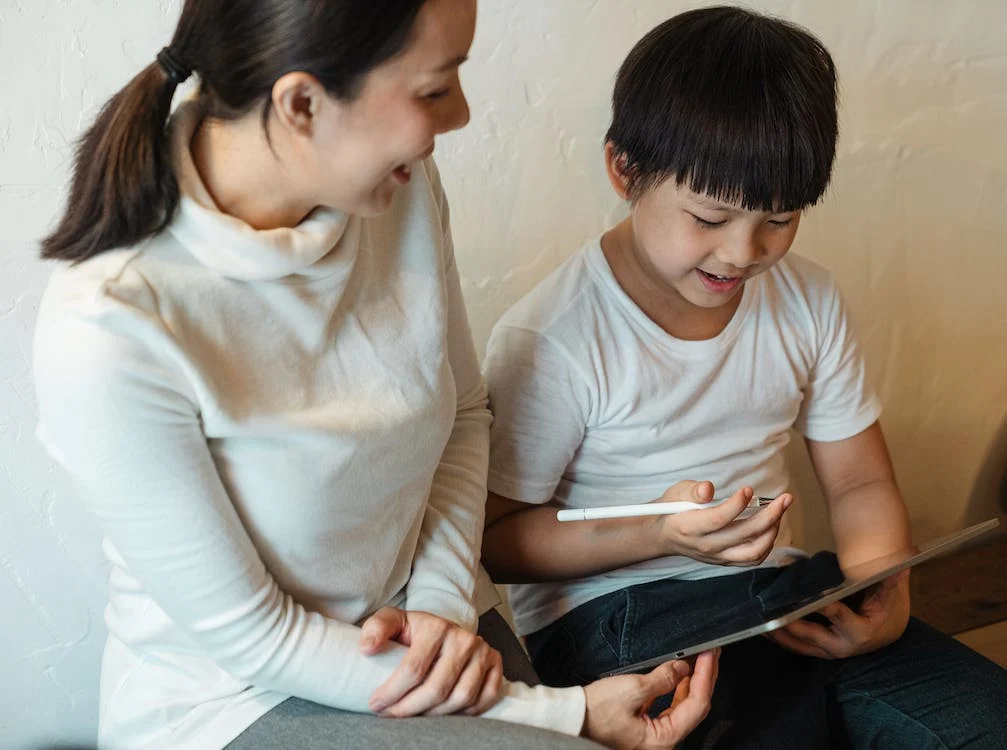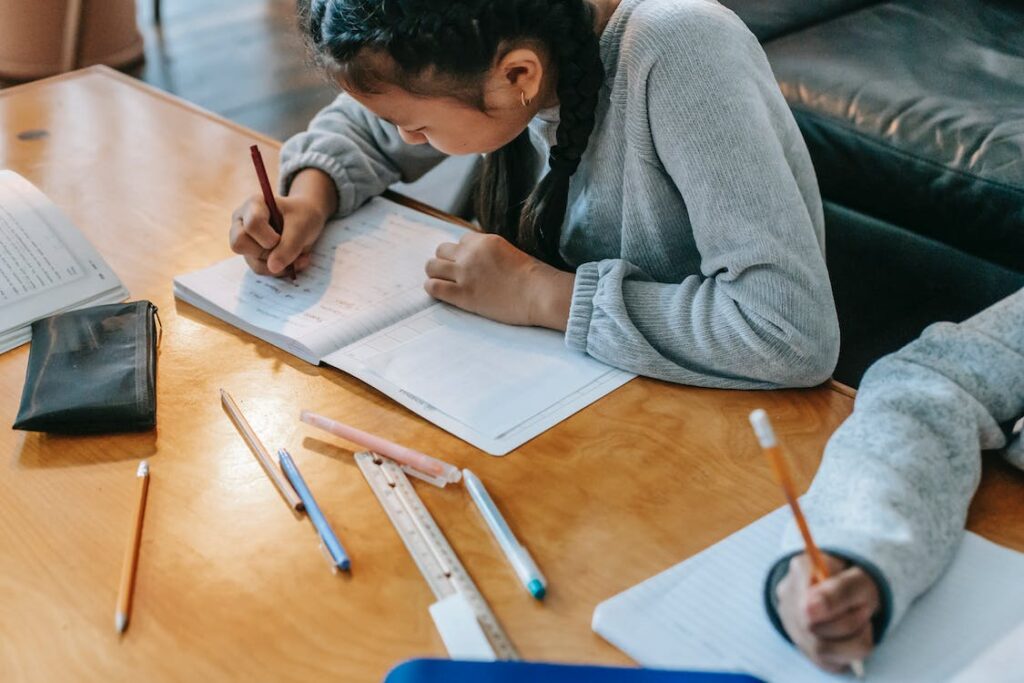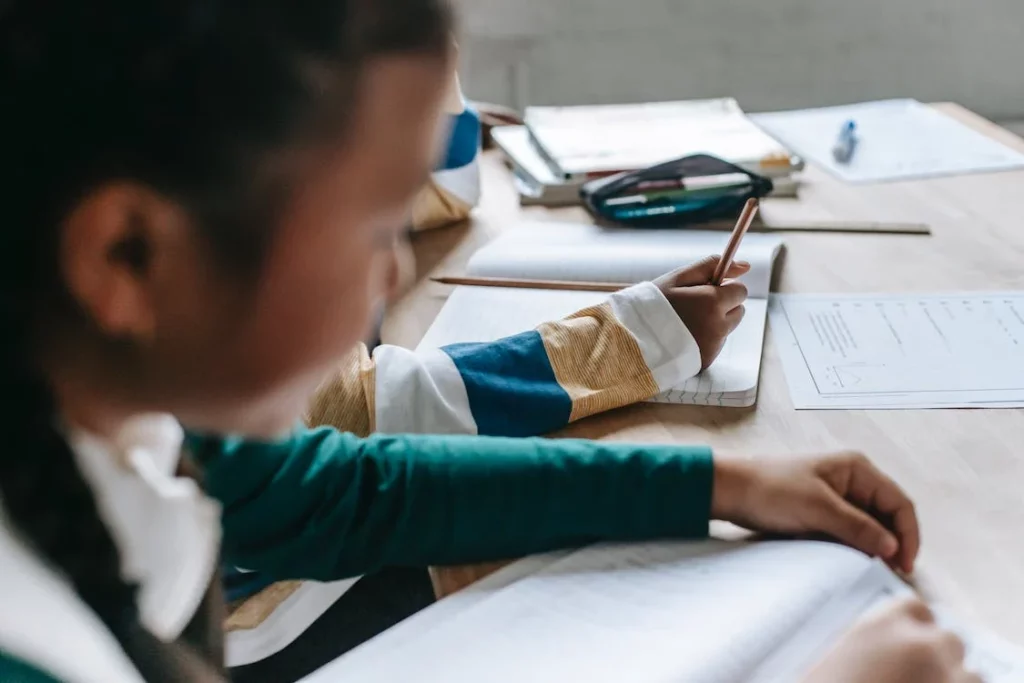"Mastering General Paper demands more than just knowledge; it requires critical thinking and strategic preparation to excel at the challenging A-Level exam."

General Paper, known as GP, can be one of the toughest exams for students to face at the A Levels. It requires not just knowing about current events and global issues, but also thinking critically about them. Whether they want to improve their argumentative skills or become better at analysis, there are proven methods to boost their GP grades. In this article, we’ll share five tips to help your child ace the GP exam and reach their full potential!
1. Embrace the Power of Reading

Improving English proficiency requires consistent exposure to the language, and one of the most effective ways to achieve this is through regular reading. Encourage your child to build a habit of reading academic articles, opinion pieces, and essays. If this feels too challenging at first, starting with fiction is a good alternative. However, prioritising nonfiction is essential when preparing for GP, as it strengthens critical thinking and language skills.
Research consistently shows that regular reading brings long-term benefits. Children who read frequently tend to perform better than their peers, both academically and professionally. To help your child succeed in GP, it’s important to nurture strong reading habits and emphasise the value of meaningful, substantial reading.
2. Keep Updated with Current Events

In General Paper, students are expected to have a broad understanding of various subjects ranging from history and politics to science and literature. There’s a practical way to keep your kids ahead of the curve: keeping them informed about current events.
Encouraging engagement with current affairs doesn’t mean burying their noses in heavy textbooks or scholarly journals. Instead, it’s about integrating the habit of staying updated into their daily routine. Consider recommending reputable news sources and popular news accounts on social media platforms. By doing so, they’ll receive a steady stream of updates and insights throughout their day, effortlessly keeping them in the loop with what’s happening around the globe.
As they immerse themselves in the world of current events, encourage them to pay attention to recurring themes, significant developments, and controversial issues. Encourage them to take note of stories that resonate with them or relate to topics they’ve encountered in GP. These real-life examples provide useful weaponry for creating arguments for their writings. By including current events in their GP preparation, they not only broaden their understanding of the world but also provide themselves with a diverse set of examples and views to support their arguments and analysis.
3. Engage in Thought-Provoking Discussions

Crafting an effective argument entails more than simply presenting one’s point of view; it also necessitates a thorough understanding of opposing ideas. Unlike expository essays which emphasise impartiality, GP essays rely on the art of persuasion along with a fair assessment of opposing points of view. Engaging your children in thought-provoking talks can be quite beneficial in developing this talent. These informal discussions provide an excellent opportunity to explore different points of view and challenge long-held ideas in a supportive and intellectually stimulating setting.
Consider enrolling your child in a JC GP Tuition class to enhance their learning, such as Curio GP classes, which offer lessons on essay writing strategies, comprehension and AQ. In these classes, students will explore various topics like social, political, economic, and environmental issues alongside their tutor and classmates. By approaching these issues from different perspectives, they’ll gain a better understanding of complex subjects and improve their critical thinking skills. Engaging in debates will help them develop stronger argumentative techniques and expand their knowledge.
As your children immerse themselves in these exchanges, remember the significance of embracing diverse viewpoints. Each perspective brings valuable insights and challenges, helping them understand complex issues better. Through active participation and open-mindedness, they’ll improve their ability to express clear arguments that resonate widely.
4. Mastering Question Analysis

Having extensive general knowledge and persuasive skills aren’t enough if your children struggle to understand essay questions accurately in General Paper. GP prompts often contain subtle nuances and tricky wording, so your children must identify and respond to key terms effectively to earn marks.
If they’ve grappled with writing essays that miss the mark, dedicating time to dissecting and analysing questions’ keywords can prove immensely beneficial. By honing their ability to identify critical elements within prompts, they’ll develop a sharper focus on crafting precise and relevant responses.
Pay close attention to nuances such as absolutes (e.g., never, always), question words prompting specific actions (e.g., Who will? When should? Is this true? Why did? Where did?), and terms signalling the topic at hand. Additionally, be vigilant for terms requiring clarification or definition (e.g., freedom, justice, equality, power). Through systematic examination and practice, they’ll cultivate a discerning eye for dissecting essay prompts, thereby enhancing their capacity to deliver cogent and on-point responses in their General Paper essays.
5. Active Learning Process

Actively learning new words and phrases boosts your child’s brainpower. When they engage in activities like reading, vocabulary exercises, or using flashcards, they’re exercising their memory and language skills. This deliberate practice helps reinforce their vocabulary over time, making it stick better.
Think of it like a workout routine for your child’s brain. Each time they actively interact with new words, they’re strengthening their ability to remember and use them. Whether they’re reading, doing exercises, or reviewing flashcards, every bit of practice counts toward expanding their vocabulary. By staying proactive in their learning approach, they’ll steadily build a richer vocabulary that enhances their language skills.
In conclusion, as you help your child gear up for the General Paper exam, it’s important to understand that success isn’t just about cramming facts. It’s also about nurturing critical thinking and communication skills. By emphasising the importance of reading, staying in the loop with current events, having meaningful discussions, mastering question analysis, and staying engaged in learning, you’re giving them the tools they need to do well. Encourage them to explore different ideas, challenge their own perspectives, and enjoy the journey of intellectual growth.



